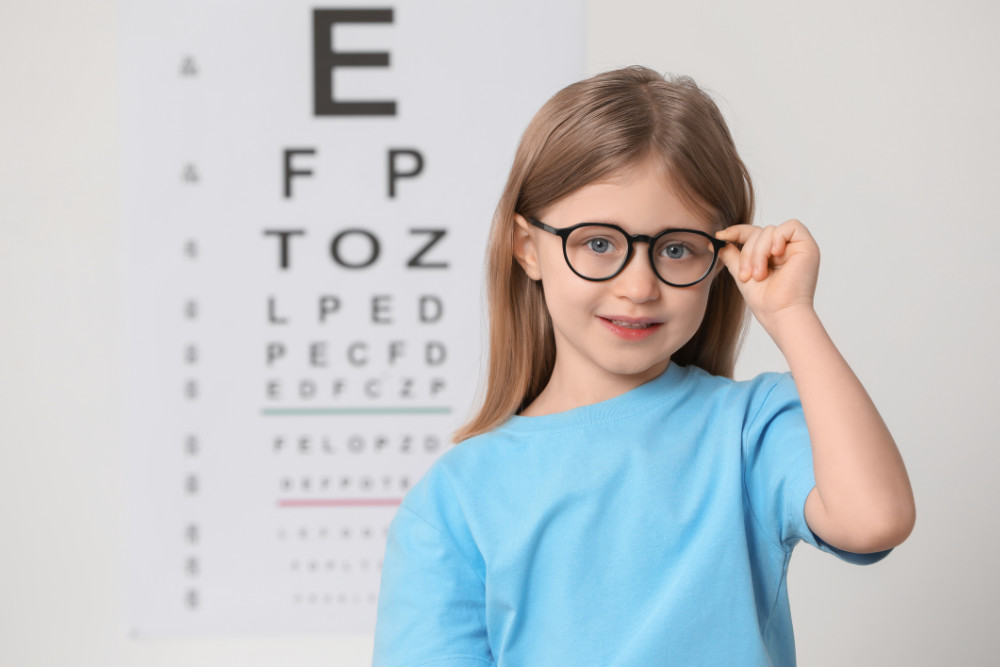Services/
Myopia Control and Care
What is
Myopia
Myopia, otherwise known as short sightedness, is a common condition affecting your vision. Whilst near objects appear clearly, distant objects become blurred because of the length of the eye and its focal point in front of the retina.
Signs of myopia might include difficulty reading words or signs at a distance, needing to sit close to a television or computer, getting headaches and rubbing your eyes.
It is a condition that can affect both adults and children. Whilst not usually serious, eyes with a high degree of myopia are at risk of developing more serious conditions such as retinal detachment, Glaucoma and some forms of macular degeneration.
Diagnosis of
Myopia
Myopia can be diagnosed by our optometrist, Amy, during a routine eye examination.
Together with some straightforward questions and some simple eye tests, we are able to assess your vision at a distance, the structure of your eyes and determine the correct prescription needed for lenses.
Correction of
Myopia
Myopia can be corrected by the wearing of spectacles or contact lenses.
Once Amy has prescribed the correct lenses for you to correct your vision Carole will ensure that you are furnished with spectacles or contact lenses that suit both your lifestyle requirements and your prescription.
You can look forward to a future with clarity of vision and enjoyment without the inconvenience of blurred vision.
Myopia in
Children
Myopia usually starts to appear in children from 6 – 13 years old. It can continue to get worse until the eyes stop growing at around 20 years of age, and it can often run in families.
The incidence of myopia is increasing, particularly as lifestyles are changing. With children spending more time on near work and digital devices and less time outdoors, myopia in children is becoming a global concern.
Struggling to see things at a distance can make it harder for children to concentrate and thrive at school.
In addition, vision problems and the need to wear glasses can impact on their ability to participate actively in sports and have fulfilling experiences in play.
Controlling myopia in children is important; as their eyes grow the myopia increases and consequently their dependency on some means of correction.
Slowing Down its
Progression
Having myopia diagnosed early not only corrects their vision, there are now interventions that can also slow the progression as their eyes grow. Increasing myopia can lead to future eye health problems so early diagnosis, control and correction is critical.
Smith and Swepson are able to prescribe and supply spectacle lenses that slow down the progression of childhood myopia. These lenses provide both clear vision for immediate correction and a constant myopic defocus at the same time, to manage myopia in children. Safe and easy to use, these lenses are impact resistant, thin and light and come with UV protection.
Amy can prescribe specialised contact lenses that aim to reduce the progression of myopia in children. Available to children as young as five years old, these are easy to wear, disposable and provide clear vision for school work, playing outdoors and watching TV.

Policies
Social
Associations






